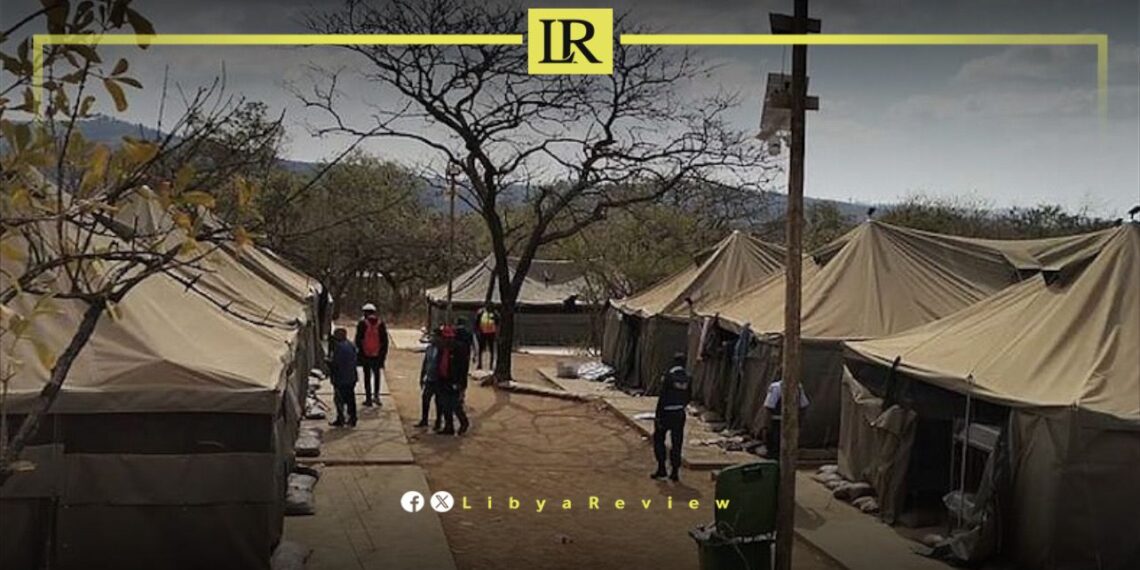On Saturday, South African police spokesperson Donald Mdhluli confirmed that the 95 Libyan nationals arrested on Friday had entered the country on student visas.
These detainees were apprehended during a raid on a farm near the town of White River in Mpumalanga province. The site, initially intended as a training camp for a security company, is now suspected to have been converted into a military training base.
In a statement, Mdhluli stated that South Africa will communicate with Libyan authorities regarding the detainees. The police are investigating the legitimacy of the camp, which was operated by a South African citizen, to determine whether it was legally transformed into a military base.
The detainees are suspected of committing serious crimes. Local residents had lodged multiple complaints, including reports of rape, prompting the raid and subsequent investigation. “We are not detaining them currently; rather, we are interrogating them. An investigation is underway regarding any criminal activities they might be involved in,” the police noted.
The arrest of 95 Libyans in South Africa has unveiled a complex scenario involving international and domestic concerns. Entering the country on student visas, these individuals were found on a farm in Mpumalanga province, far from the typical scrutiny of urban centers.
Initially believed to be a training facility for a security company, the site was revealed to be a suspected military training base. The discovery has prompted an investigation into the camp’s operations and its potential threats to regional security. The involvement of a significant number of Libyan nationals has added to the urgency and complexity of the investigation.
Serious criminal allegations against the detainees have shaken the local community. Reports of crimes, including rape, have created a climate of fear and urgency for action. The police are conducting detailed interrogations to determine the extent of the detainees’ criminal activities and any connections to larger networks.
This incident has broader international implications, especially concerning the diplomatic relations between South Africa and Libya. The entry of these individuals on student visas suggests possible lapses in immigration controls, raising questions about the oversight of foreign nationals in South Africa. The authorities have assured coordination with Libyan officials to address the legal and diplomatic aspects of the case.


